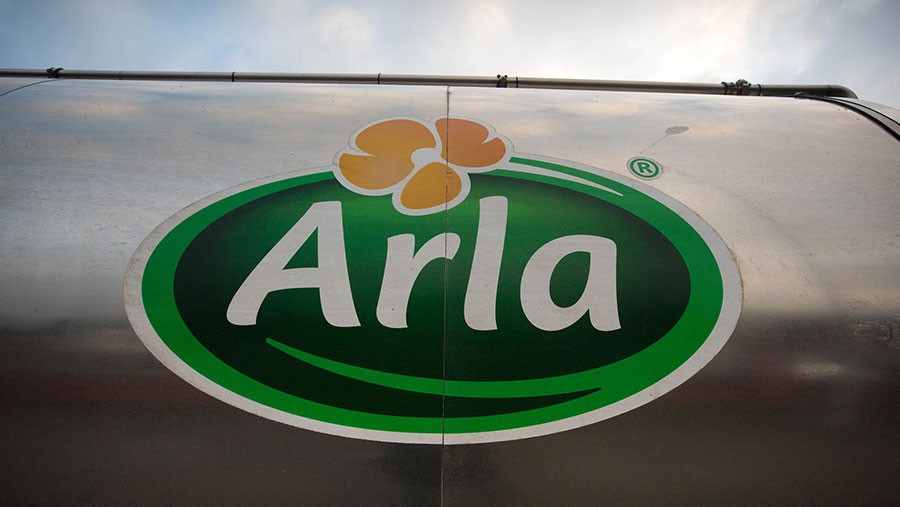Brexit could make cheese an occasional luxury, co-op says
 © Tim Scrivener
© Tim Scrivener The UK’s largest dairy co-op Arla, has warned of shortages of staple dairy products and spiralling consumer price increases as a result of Brexit – regardless of a hard or soft deal.
In a report co-authored with the London School of Economics (LSE), the co-op, which has 11,000 European farmer-owners, with 2,400 of those in the UK, predicted the availability of butter, yoghurt and cheese would be restricted after the UK leaves the EU.
See also: Agri-business confidence to fall significantly after Brexit
Potential Brexit repercussions included higher waiting times for goods at borders due to increased customs checks, a potential 372% increased workload for vets and far greater stress placed on the UK Customs Declaration Service, which would struggle under a two-thirds increase in workload.
The report, The impact of Brexit on the UK dairy sector, outlined three potential scenarios (see ‘Three scenarios for UK dairy post Brexit’, below) which would all negatively affect the industry when Brexit is finalised in January 2021.
Three scenarios for UK dairy post Brexit
- Imports of EU dairy products are restricted, causing a shortage of staple dairy products, particularly the likes of speciality cheeses where domestic supply chains are constricted by limited production capacity.
- Greater pressure on costs leads to higher consumer prices for dairy products. The UK imports cheese, butter, butter oil, whey, buttermilk and fermented products, yoghurt, concentrated milk, powders, milk and cream, infant formula and ice cream, meaning price rises would be widespread.
- Production is increased to offset the fall in imports. However, this is facilitated by a cutting of costs and which in the short-term would undermine the high standards of the UK dairy industry.
Arla and LSE anticipated further disruption across the entire supply chain regardless of the deal the UK strikes with the EU, indicating that even a “soft deal” would lead to major issues for the industry.
This disruption would be exacerbated by a shortage of vets, lorry drivers and farmworkers when free movement of people ends.
Arla farmer owners are already balancing keeping consumer prices down with maintaining quality and the best standards, including high animal welfare, said new Arla UK managing director, Ash Amirahmadi.
“There’s no margin to play with here in the value chain,” says Mr Amirahmadi.
“Any disruption means if we don’t get the practicalities of Brexit right we will face a choice between shortages, extra costs that will inevitably have to be passed on to the consumer or undermining the world-class standards we have worked so hard to achieve.”
Mr Amirahmadi adds the UK’s dependence on imported dairy products meant disruption to the supply chain would likely mean shortages of many products and a sharp rise in prices, turning every day staples into occasional luxuries
Increasing the UK’s milk pool and building the infrastructure for us to be self-sufficient in dairy will take years Ash Amirahmadi, Arla UK managing director
“It is important to be clear about this: Brexit might bring opportunities to expand the UK industry in the long term, but in the short and medium term we cannot just switch milk production on and off.
“Increasing the UK’s milk pool and building the infrastructure for us to be self-sufficient in dairy will take years.”
Mr Amirahmadi called on both sides of the negotiations to be pragmatic and sensible as they address the practicalities of Brexit, and to allow for frictionless customs arrangements and ready access to key labour in the years ahead.
